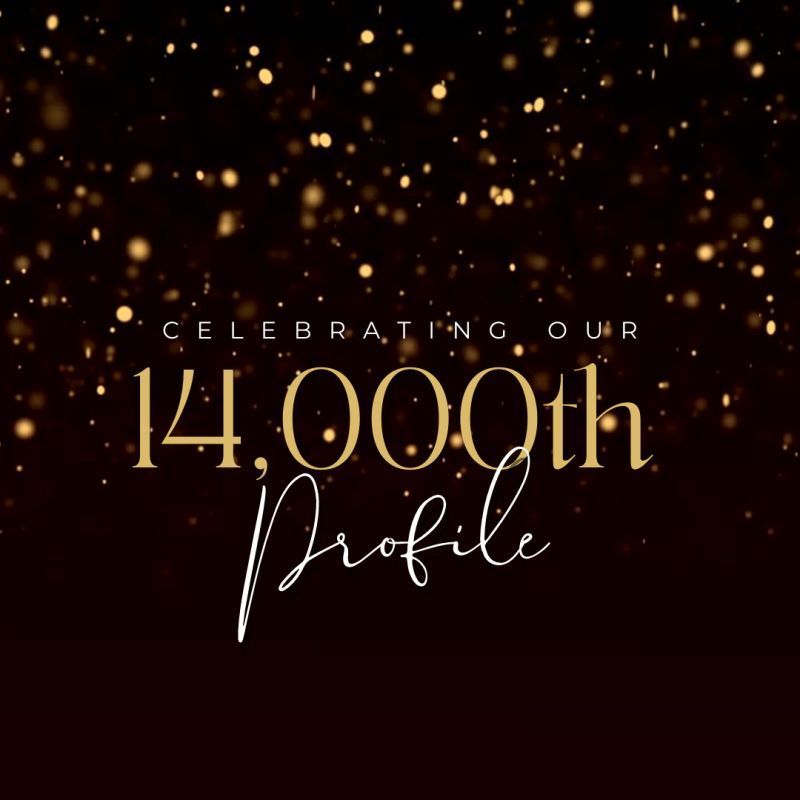

Lies about leadership you should not ignore
Simon Lovegrove - 24 November 2021
There is a persistent series of tropes about leadership that are, well, wrong!
- The first is that “leaders are born, not made”.
- The second is that “leaders possess a special set of qualities such as vision, energy, dynamism, inspiration, courage, charisma” and so on.
These two views are corrosive, and simply wrong.
We have worked with thousands (literally) of current leaders and ‘soon-to-be’ leaders over the last 25 years. With so much experience, you start to notice a few things.
The most important is probably this:
the ‘born leader’ theory is a myth.
It’s wrong on so many levels. It implies that one cannot be taught to be a leader: either one is born with the skills to be a leader or not.
John Maxwell writes: 'Leadership can be taught. It’s not an exclusive club for those who were ‘born with it’.
We have trained thousands of people to be leaders. We have demonstrated (to us and to them) that leadership is developed not discovered.
What differentiates leaders is not so much their philosophy of leadership, their personality, or their leadership style. Rather, it’s how they make meaning of their surroundings, and how they respond.
Relatively few people try to understand their own map of the world, and fewer still have explored the possibility of changing it, deliberately.
If you think you would like to develop your leadership capabilities, Harthill has a specific tool that will help you. It's available to everyone. It shows you the map for a voyage of personal understanding and development to transform not only your own capabilities but also those of your organisation.
Get in
touch with me if you would like to know more about it.










